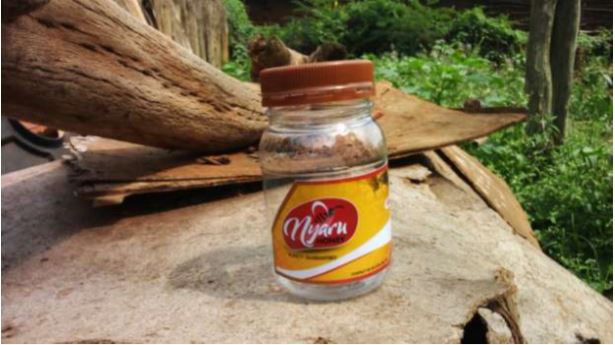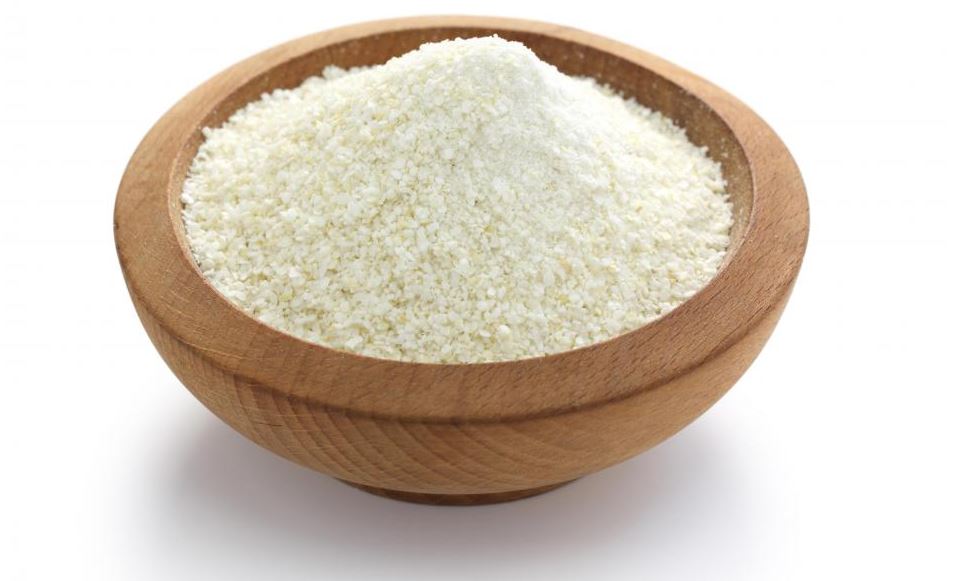
Economic Projects Transformational Facility (EPTF), a non-governmental organization which aims to spur enterprise development among the youth and eradicate poverty in the society has turned a farm in Eldoret which was left untilled and underutilized for about ten years into hay production and beekeeping ventures for commercial purposes.
Dubbed Nyaru Farm, the land which is about 32 acres was used for maize and wheat production between the year 2000 and 2006 when the owner migrated to Mombasa and left the land unused until around 2010 when EPTF approached the owner and stroke a deal which has seen the farm under serious agricultural activities to benefit the young people.
“Through the assist of the NGO, we have been able access trainings and business development support services which are key in managing the farm activities for profit,” said Geoffrey Ng’etich, the farm manager.
RELATED ARTICLE: NGO inspires value addition of produce for rural farmers
The farm also acts as training ground for university students who are interested in agribusiness especially during their long vacation and internship programmes.
“We receive students each season who come as farm helps to practically learn on farm management. They keep on alternating depending on their holyday and industrial attachment periods,” said Ng’etich.
Currently the farm has about 10 acres under Boma Rhodes hay production which according to Ng’etich takes 4-5 years to mature and it does not need much attention as compared to maize or wheat farming.
“After the first harvesting the crop do not need much work and matures faster meaning less waiting time to sell the grass,” said Ng’etich adding that there is good money in hay farming.
The farm currently produce 845 bales of hay from six acres and projecting to harvest over 1,200 bales come May. A bale of hay grass retails between Sh250 and Sh150 depending on distance to market and market demand at a given time.
“We do not harvest our grass before receiving market or sales orders as we prefer selling them when still fresh and to decongest our small store which are the two challenges we are facing at the moment.”
RELATED ARTICLE: Value addition improves livelihoods of mango farmers in Kitui
Additionally, the farm earns Sh800 per kilogram of processed and packaged honey as compared to Sh100 a kilogram of raw honey, thanks to value addition that it has adopted towards the end of 2016 to enable it reach more markets with a quality product.
The farm started with 15 beehives in 2015 from which about 75 kilograms of raw honey could be harvested per season and sold to direct consumers at Sh100 per kilo. However, this changed in 2016 when the farm purchased 30 more beehives and a centrifugal honey extractor machine to improve honey quality and quantity.
“Though we currently have our 32 beehives fully occupied with bees, we harvest 200Kg of raw honey a season from ten beehives giving us over 150Kg refined honey,” said Geoffrey Ng’etich, the farm manager.
“The centrifugal honey extractor machine enables us extract honey from the honey combs without destroying them. The extractor is manually operated and it can be used by one person to extract honey from over 30 beehives.”
The farm operates under Graduate Internship Programme (GRIP), the programme which gives the youth and women opportunity and support to venture in various businesses to earn a living.
RELATED ARTICLE: Local youth group reports saving on baking costs by using sunlight
To keep the beehives packed with bees, the farm has planted flowering plants such as sunflower, acacia, avocadoes and orange fruit trees among other trees to help attract the bees and provide nectar for honey production.
The farm buys its packaging bottles from Eldoret Town and Nairobi where a bottle costs Sh20. The bottle are then labelled ‘Nyaru Honey’ as the brand identification.
Honey is then filled in the bottles and sold directly to customers who come to the farm to buy or place orders in GRIP offices in Eldoret Town.
A 500g bottle of honey goes at Sh400 while that of 250g fetches Sh200 per bottle.
The farm has further applied for Kenya Bureau of Standards (KEBS) for their product certification to allow them access more markets and win tenders with supermarkets and retail shops.
“Lack of certification papers from the buereau is limiting us from reaching bigger markets at the moment. However, in the near future, once we get out certificate we will move to market our products countrywide, applying for supply tenders from the supermarkets and retail shops,” said Ng’etich.
"We are also projecting to start harvesting from 33 beehives soon expecting 60Kg refined honey per season. This we expect to earn us approximately Sh48,000 per season."
Write comment (0 Comments)
















